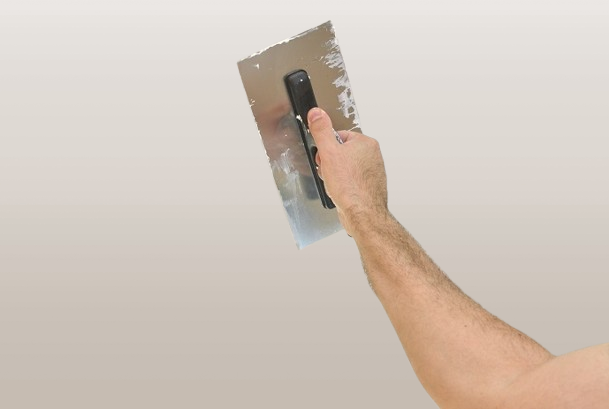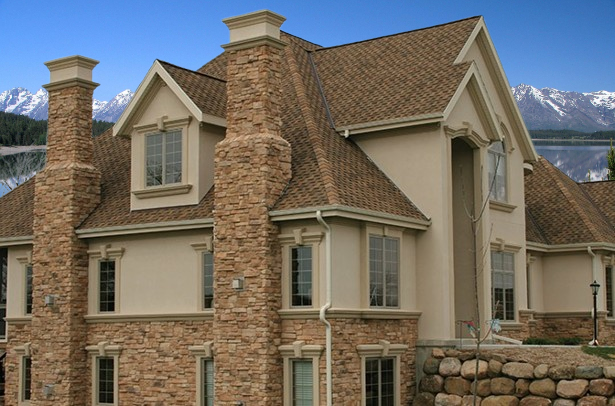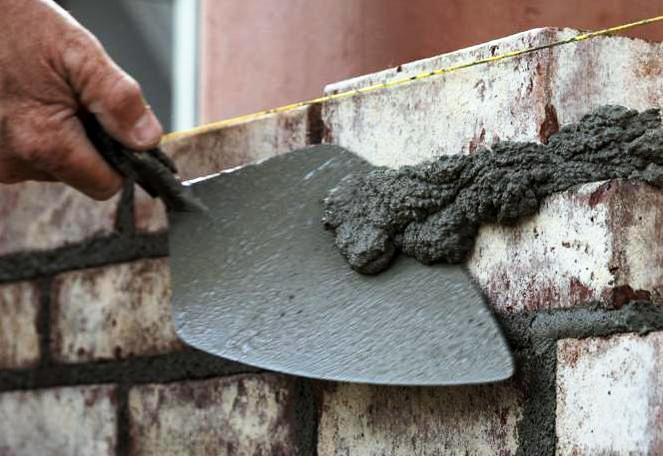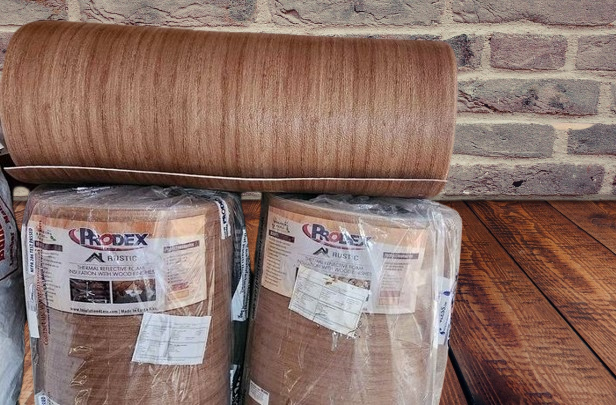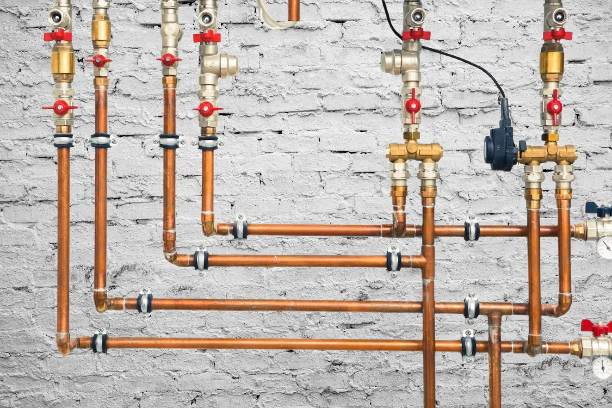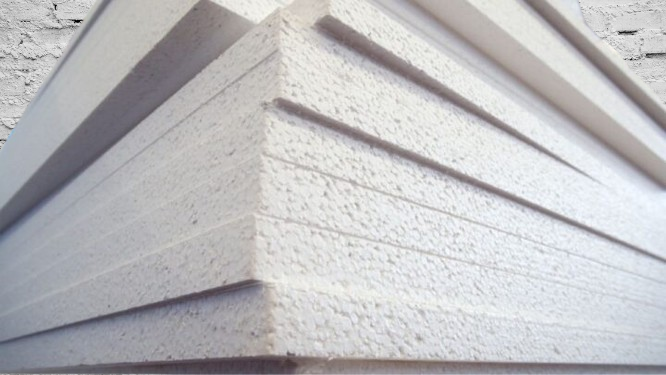7 Common Allura Siding Problems and How to Fix Them
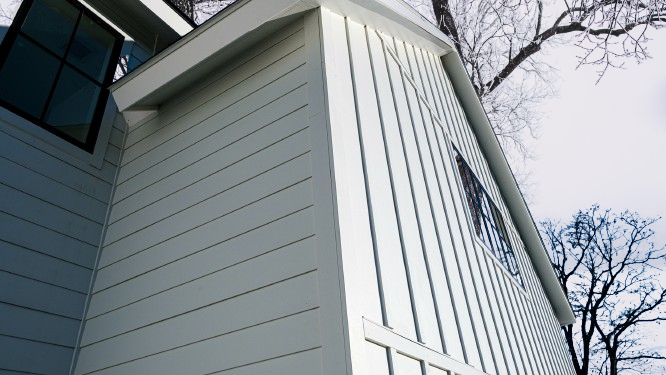
Allura has been providing fiber cement siding to homeowners across the nation for more than 50 years. Their fiber cement siding is resilient to common problems like insect damage, looks good, and is long-lasting.
- 7 Common Allura Siding Problems and How to Fix Them
- 1. Early Breaking
- 2. It Takes Up Wetness
- 3. Allura Is Known To Disregard Warranties
- 4. It Requires Consistent Upkeep
- 5. The Installation Of Allura Siding Is A Complicated Process
- 6. The Fiber Cement Siding from Allura Is Not Eco-Friendly
- 7. More Insulation Is Needed for Allura Siding
- What Benefits Does Allura Siding Offer?
- Has Allura Ever Faced Legal Action For The Concerns Listed Above?
- Does Asbestos Exist in Allura Siding?
- Does Allura Siding Appear Simple and Uninteresting?
- Is It Better To Purchase And Install Allura Siding?
Allura may seem like a great option if you’re in the market for new siding for a number of reasons. However, you should educate yourself about common issues with Allura siding before placing your order.
1. Early Breaking
The primary issue with Allura siding is its high susceptibility to early cracking. Allura has been sued because this issue is so widespread. Later on, I will go into great detail.
Let’s go back to Allura’s early outburst. Usually, this issue arises five years after installation. And as time passes, the cracks get bigger. Allura siding prematurely cracks in a few places, requiring costly repairs.
Based on the majority of complaints, it appears that the siding defect is the cause of this issue, and the manufacturers are aware of this. For a prospective purchaser, this is a serious red flag.
2. It Takes Up Wetness
The above-mentioned cracks initially form as a result of moisture absorption. The fiber cement material is mostly to blame for this issue.
Allura’s fiber cement siding has the ability to absorb and retain moisture, unlike vinyl siding. This deteriorates the siding and may even cause mold to grow.
Therefore, if you’re interested in Allura siding, you’ll need to paint the siding and caulk any gaps in order to deal with moisture issues.
To prevent the effects of water damage, the installation must also be done correctly, and the siding should be regularly checked for leaks.
3. Allura Is Known To Disregard Warranties
One of Allura’s selling features is its 30-year warranty. But based on the lawsuits I’ve seen, it appears that this brand frequently breaks warranties.
When making a purchase, the majority of customers overlook the specifics of Allura’s warranty. Because of this, filing claims gets harder when siding deteriorates too soon.
4. It Requires Consistent Upkeep
The ease of maintenance of Allura siding is frequently highlighted in its product descriptions. Yet that’s usually not the case. Maintenance is required for fiber cement sidings.
Disregard the falsehoods that some vendors are trying to spread. You will need to repaint your Allura siding occasionally in order to preserve its finish. To seal any gaps, caulk will also need to be applied.
5. The Installation Of Allura Siding Is A Complicated Process
As avid readers of our blog, you are aware of our strong encouragement for do-it-yourself projects. But since Allura siding installation can be quite hectic these days, we won’t advise it.
To begin with, Allura siding needs to be installed carefully to prevent moisture problems. Second, when Allura siding is cut, silica is released into the air, which can be extremely harmful to one’s health.
And if that wasn’t enough, installing or moving these boards needs an additional pair of hands due to the weight of the fiber cement.
This time, if you are accustomed to installing siding on your own, you might have to shell out more money to hire pros.
6. The Fiber Cement Siding from Allura Is Not Eco-Friendly
Fiber cement siding is among the least environmentally friendly materials when compared to vinyl and cedar siding. Fiber cement is made in an aggressive manner, requiring a lot of energy and resources in the process.
Transporting this material is challenging due to its weight. Therefore, you would be better off choosing a different siding material if you are concerned about the environment.
7. More Insulation Is Needed for Allura Siding
Compared to vinyl, Allura fiber cement has a significantly lower R-value, meaning it is less energy-efficient. You can expect to lose a significant amount of energy to the environment if you choose Allura siding. Increasing insulation is the only way to address this issue and achieve the required r-value.
What Benefits Does Allura Siding Offer?
Despite its share of issues, Allura siding does have a few benefits, which are as follows:
- It’s very durable: Your Allura siding can last for a very long time if it doesn’t break easily. This is a result of fiber cement’s relative durability.
- It can withstand strong winds: Allura siding is quite strong and will hold its ground when exposed to strong weather, unlike vinyl, which can easily snap when exposed to strong winds.
- It’s widely accessible: Allura has been in business for a number of years. As a result, their product is extensively available throughout the majority of the nation.
- Allura is available in a variety of colors and stains: Whether you’re looking for a traditional color or a wood finish, Allura has it.
- It resists insect damage: Insect damage is one of the main reasons homeowners don’t like real cedar siding. That being said, if you go with Allura’s fiber cement, this will be the least of your concerns.
- They come with a thirty-year warranty: If Allura honored customers’ warranties, this would be a very sensible choice.
Has Allura Ever Faced Legal Action For The Concerns Listed Above?
A class action lawsuit was filed against Allura in 2021 because the siding was breaking too soon and the business was not paying out on the claims.
According to the lawsuit, Allura siding is prone to failure and early deterioration. Allura siding, which was produced in either the North Carolina or Oregon plants, was at issue in this lawsuit.
The fact that there is a lawsuit suggests that this was a significant issue. Despite the fact that there haven’t been any complaints in a few years, homeowners who are considering this siding ought to proceed with caution.
It is highly recommended that you carefully go over their warranty before purchasing the fiber cement siding. If something goes wrong, you can only be guaranteed compensation in this way.
Does Asbestos Exist in Allura Siding?
Products made of fiber cement were initially thought to contain asbestos. However, I can vouch for the asbestos-free nature of Allura siding. You don’t need to be concerned about this issue.
Does Allura Siding Appear Simple and Uninteresting?
This is a common misperception about siding made of fiber cement. Allura’s sidings are by no means uninteresting, though.
They come in over twenty different colors. Certain Allura siding patterns mimic real wood, which can greatly spruce up the outside of your house.
Is It Better To Purchase And Install Allura Siding?
You might be hesitant to install Allura siding in your home after reading about the issues with it above. You must realize, though, that every siding material has a number of disadvantages.
Consider vinyl sidings, for instance. They are easily warped and are not resistant to extreme weather. That also applies to siding made of Allura fiber cement.
Allura siding is a good product, in my opinion. If you do decide to install it on your property, make sure you are aware of the terms of the warranty and that you obtain one.
This ensures that in the event of an early failure, you will be eligible for reimbursement. Additionally, if you choose to use Allura siding, be sure that leaks are prevented and that the siding is installed correctly.
Engaging a skilled contractor is strongly advised. When it comes to moisture issues, make sure the siding is always painted and tightly sealed. In terms of energy efficiency, install as much insulation as necessary.
However, you can always look into other options if you find that these issues are too inconvenient. There are other brands that produce fiber cement siding besides Allura. Additionally, GAF Weatherside, James Hardie, and Nichiha carry them.

